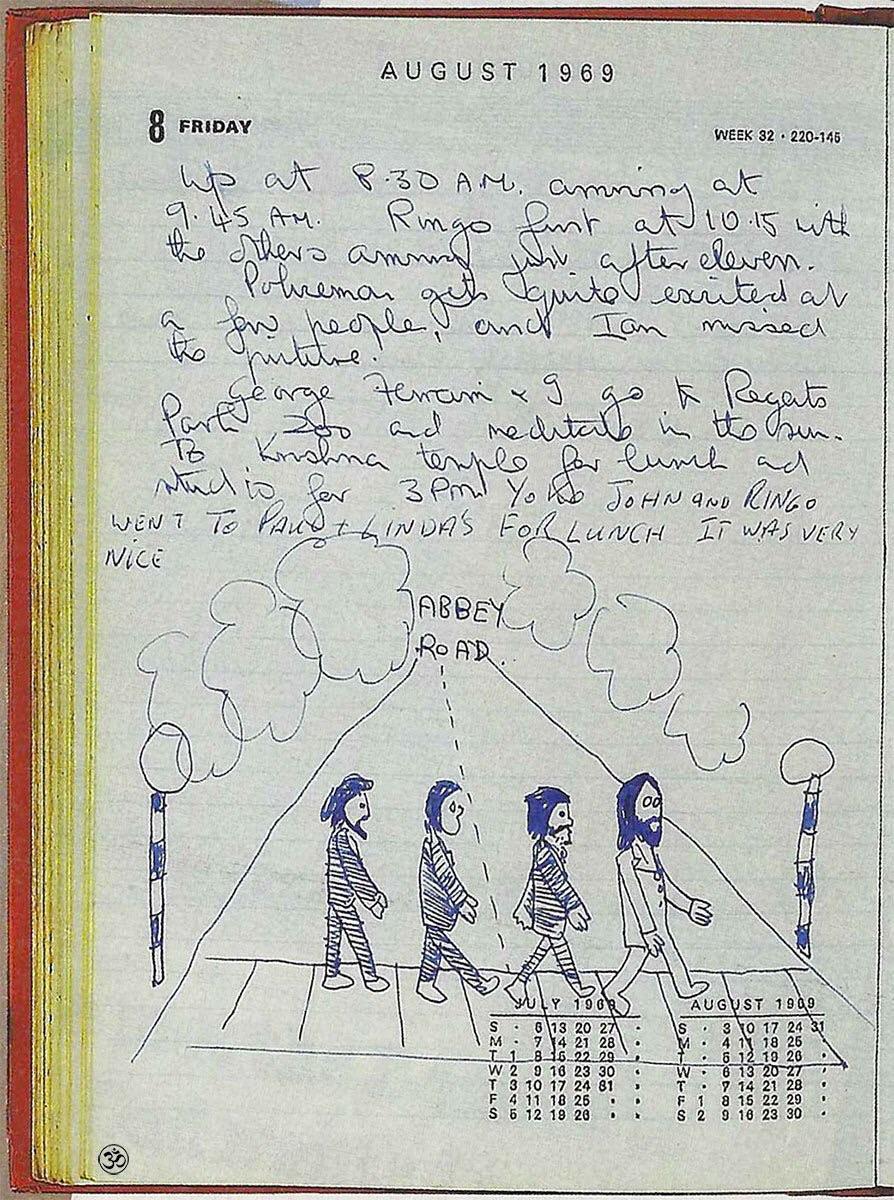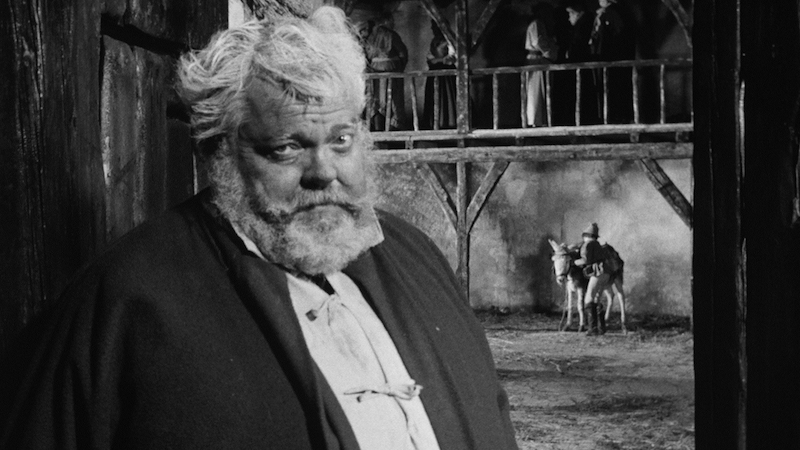The Eye Chart and the King Actor


What’s been going on at Ye Olde Blogge?
- More Babylon
- Should academics be rewarded for generativity?
- Wendell Berry one and two
- A bunch of quotes — head over and see!
Eskerrik asko for Euskara: “In retrospect, Franco’s attempt to destroy Euskara helped ensure its survival. After all, it was under his rule that the language became not just a means of communication but a symbol of resistance against oppression.”
James Bridle, from Ways of Being:
Both scientific and popular thought tend towards the conclusion that there are ultimately single answers to single questions. What is intelligence? Who possesses it? Where do they fit into our rigid structures and hierarchies of thought and dominion? Perhaps – whisper it – this just isn’t how the world works. The closer we examine and the more forcefully we interrogate and attempt to classify the world, the more complex and unclassifiable it becomes. Taxonomy after taxonomy breaks down and falls apart. In part this is a result of our own innate limitations, the possibly insuperable problem of our own umwelt and human ways-of-being. But it is also a problem of entanglement: the fact that in the more-than-human world, everything is hitched to everything else, and there are no hierarchies: no ‘higher’ or ‘lower’; none more, or less, evolved. Everything is intelligent. Now what?
Interviewed for the BBC by Leslie Megahey, [Welles] said, ‘I have a kind of personality which requires that I play certain kinds of parts, or I discombobulate the scene ... there used to be a form, a division of actors in France, in the Comédie Française, who were called king actors. And I’m a king actor, maybe a bad one, but that’s what I am, you see. And I have to play authoritative roles.’ He adds: ‘but Truffaut was quite right when he says about me that I show the fragility of the great authority, and that’s the thing I do.’
This comment of Truffaut’s is a dazzling aperçu, a key to all of Welles’s acting; his power, while undeniable, seems assumed, put on like a false nose and thus vulnerable. Thus his portrayal of power comes to seem a critique of power: man, proud man, drest in a little brief authority. There is something unself-convinced, both about the role and the actor. It is doubly poignant; a kingly personage whose authority is questionable, played by an actor whose own claim to greatness is not believed in by himself.
